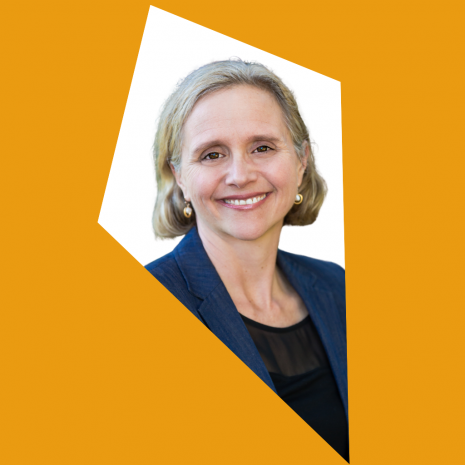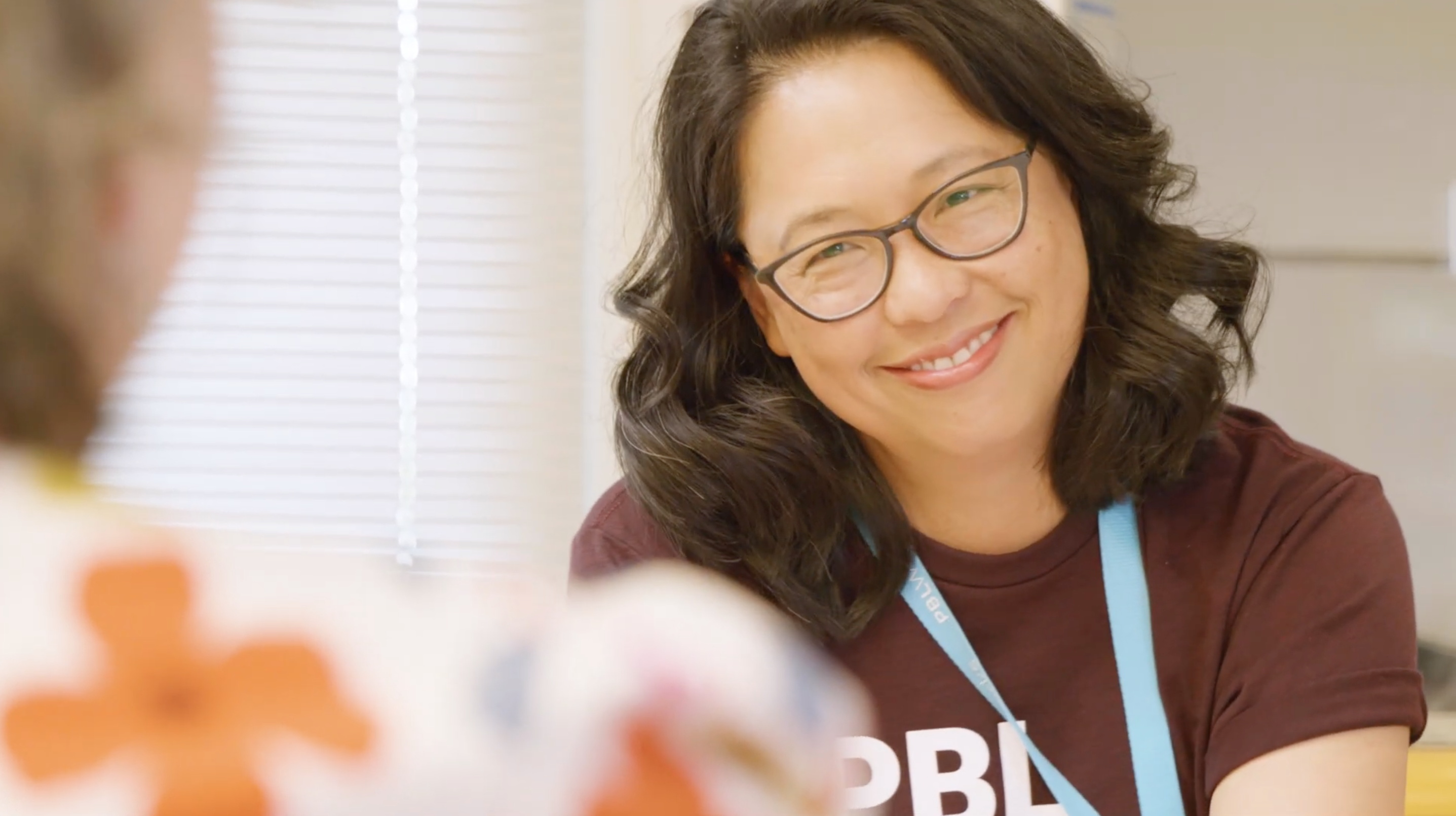
Identities and Mutual Trust in a Work Environment
Series: From the Desk of Co-Founder, Christina Greenberg
A few years ago, I was working with a client to fill one of their senior leadership openings. A candidate who made it to the finalist round had many of the competencies, skills and qualifications the client had identified as most important to this role. They were also a first generation college student, which was key to the focus of this organization’s mission and target population. This person received feedback, though, that in a more casual setting they were harder to get to know, more reserved, and not as comfortable connecting with others in the way they were used to. Although these elements could be attributed to personality or stylistic differences, I also couldn’t ignore that this candidate identified as a member of the LGBTQIA+ community. This identity wasn’t something they hid from others, but I recognized that for some folks, having a different identity from the people around you can lead them to be a little more guarded until a level of trust is established and they know it is safe to be themselves.
We all have multiple identities that inform who we are, how we view the world and how others view and interact with us. For me, some of the most important include those of mom, partner, daughter, sister, friend, business owner, and leader. I acknowledge that my racial identity, education and class status allow me to move easily in the world for the most part, with many areas of privilege that – though they are unearned – garner outsized benefits in society all the same. I also have a couple of identities which are strong sources of pride for me – being a woman and being a Jew – which can affect people’s outward perceptions of me, and who I am, in a way that is a little more nuanced.
Because I am a woman, not only in my sex but also in my gender identity and gender expression, that identity is visibly apparent the moment someone meets me. Being Jewish – especially for someone who chose this identity later in life – is not. When I meet someone new, I know they are making assumptions about me (consciously or unconsciously) because I am a woman. I might be perceived as being shrill and bossy instead of confident and assertive. People may assume that, as a woman, I am responsible for taking care of others more than my male peers. Or I could be told that my professional strength is my ability to network rather than my ability to be strategic and bold. These thoughts may not always be explicitly expressed, but I know they are present in how others react to and interact with me.
In contrast, my Jewish identity largely flies under the radar. Aside from offhanded comments about my married name or questions about what my family is doing for a particular holiday, this fact about me is not generally recognized or known by the broader world. And yet, it affects me and my family in the ways we engage with society at large, in how we spend our personal time with family and friends, and how we interpret current events and even individual interactions. We analyze the small and large assumptions (and misperceptions) about Jews that we see in the world around us. We wonder if a teacher understands what it is like to accept and acknowledge a threat that has been leveled against members of their own family when they criticize our kids for talking openly about the Holocaust in class because it could make other students uncomfortable. And we feel profound sadness when folks motivated by anti-semitic hate always target us in our houses of worship because it is the one place they know Jews can be found.
One of the themes in Ibram Kendi’s book How to Be an Anti-Racist that resonates the most with me is his discussion of intersectionality, and how we need to care for individuals – and act on their behalf – not just by fighting for justice on one element of their identity but by addressing the ways that all their different identities affect their self-perceptions and how they are viewed by the world around them. I would imagine that the tension in how to understand and navigate broader society through the lens of different identities – visible and invisible – exists within folks in the LGBTQIA+ community. Maybe the candidate I mentioned earlier would have felt more at ease had their intersectional identities been acknowledged directly during the hiring process. Or maybe we could have asked directly what settings or formats would make them most comfortable in being themselves. That acknowledgement and care might have made a difference for them – and for the organization they were considering.
One of the things I value most as a leader is creating an environment characterized by interpersonal trust and belonging. In my work on my own professional and personal commitments this year, I am seeking to lift up the voices and experiences of all those who have been marginalized, questioned, attacked or ignored because of their differences – whether they are visible or invisible – and to fight for every person’s right to be respected, included and loved for whoever they are, wherever they are. And as we celebrate Pride Month this June, we should particularly honor, seek to understand and hold dear the concerns and needs of those who identify as part of the LGBTQIA+ community, whether they are directly related to that piece of their identity or to another important element of who they are.
– Christina Greenberg
Meet the expert:
Christina Greenberg
Co-Founder & Managing Partner
- Executive Search
- CEO/ED Evaluation
- Succession Planning
- Hiring Process Design & Implementation Support






